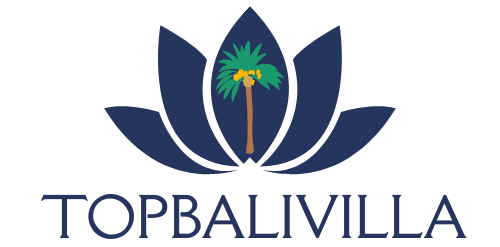Living the Digital Nomad Dream in Bali
For many, the idea of leaving the 9-to-5 behind and working remotely from a tropical island is more than just a fantasy — it’s a real, achievable lifestyle. Over the past decade, Bali has become one of the most popular destinations in the world for digital nomads, freelancers, and remote workers.
What makes Bali so attractive? It offers a unique combination of affordable living, strong internet infrastructure, inspiring natural surroundings, a welcoming international community, and a wide range of coworking spaces and networking hubs. From beach towns like Canggu and Uluwatu to cultural hubs like Ubud, there’s a setting for every type of remote worker.
Freelance platforms like Upwork, Freelancer.com, and Fiverr have made it easier than ever to find clients from anywhere in the world. Many nomads working from Bali get paid into bank accounts overseas and are technically self-employed — which is why Bali is often seen as an ideal base for a location-independent lifestyle.
But before you book that one-way ticket, it’s important to understand the legal, visa, and tax realities of working remotely from Bali.
What is a Digital Nomad?
The term “digital nomad” means different things to different people. In Bali, the lifestyle can take many forms. Some nomads travel full-time, staying in Bali for a few months before heading to places like Thailand, Portugal, or South Korea — living and working on the move. You find crypto investors, social media managers, online coaches, and all sorts of professionals and entrepreneurs who can manage their work and finances online.
Others try to settle longer in Bali, often staying as long as their visa or finances allow. Many work remotely for international clients, offering services like online coaching, tutoring, digital marketing, creative work, or content creation.
It’s important to note: working with or for an Indonesian company while in Bali is not allowed unless you have a proper work permit (KITAS). This includes jobs like managing social media accounts, modeling, coaching, running retreats or doing freelance gigs for local businesses — even if you’re technically self-employed.


